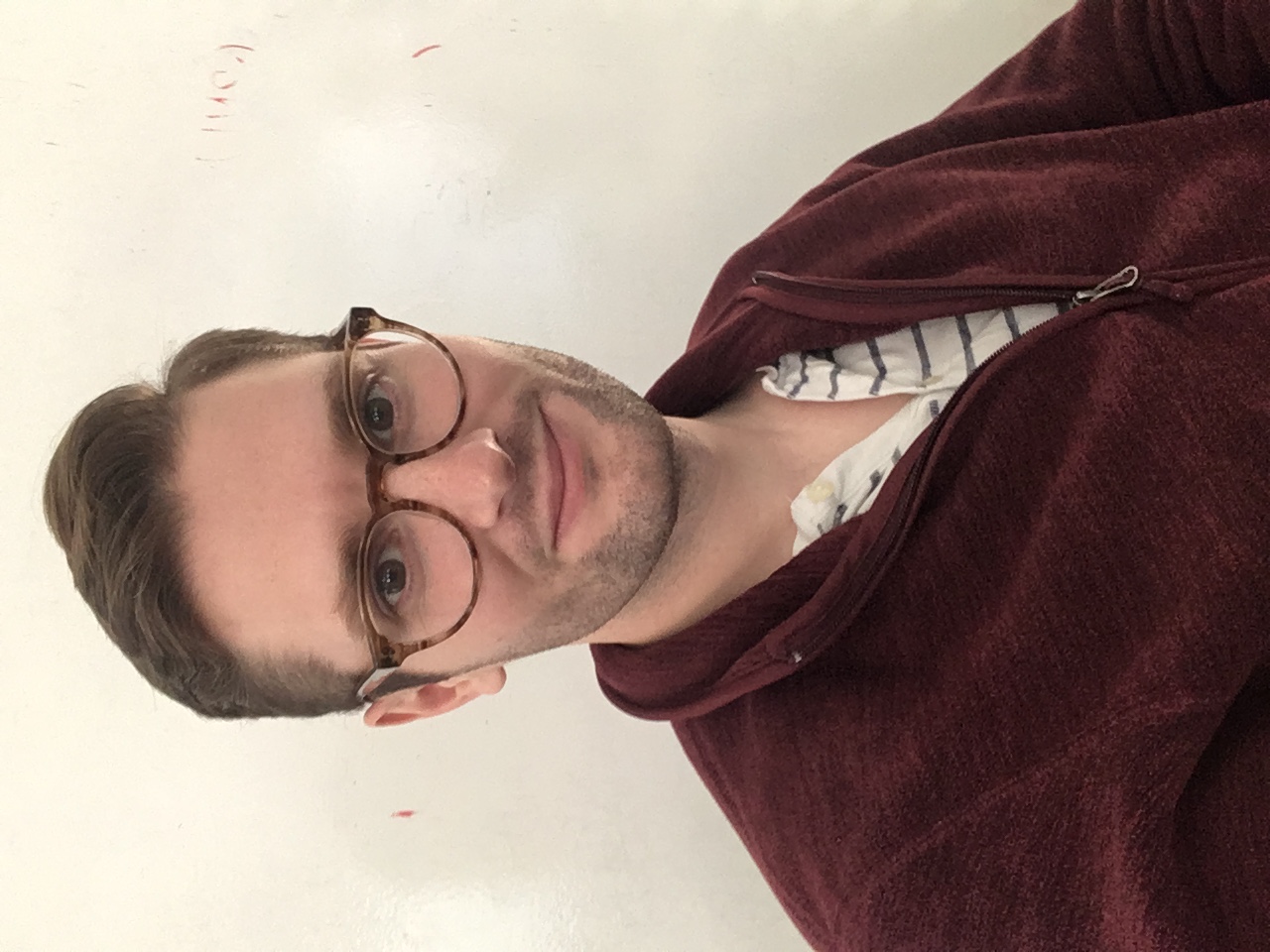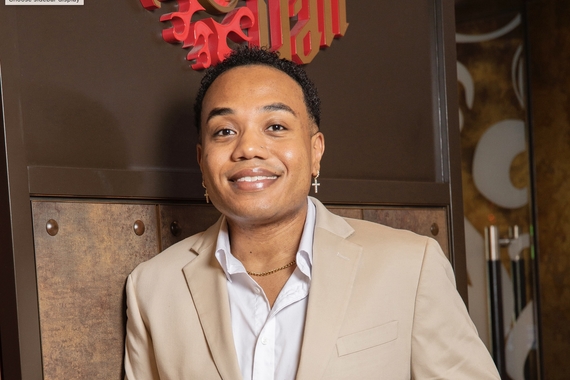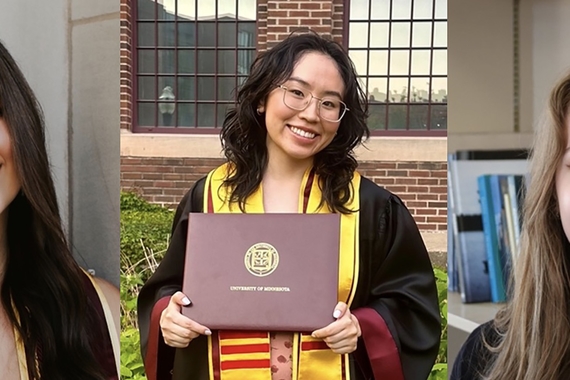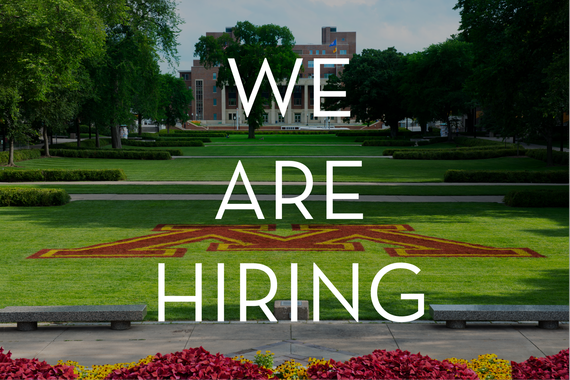Featured PhD Student: McKinley Green

Where are you from?
I grew up in Butler, Ohio, which is a rural town an hour or two north of Columbus.
Where did you previously attend school? What was your degree in?
I have a BA in English from St. Olaf college and a MA in critical studies in literacy and pedagogy from Michigan State University.
Why did you choose Writing Studies at the University of Minnesota?
I was an Americorps volunteer in Minneapolis for a year after I finished my BA and really enjoyed living in the cities. I already had a network of friends here, and I am the most typical midwesterner and love the snow and cold. So, in part, I was excited about returning to the Twin Cities. Additionally, while I was working on my MA, I met a PhD student from Writing Studies. He spoke highly of the department and faculty, so I decided to apply.
What is your research area?
I research social justice in technical and professional communication, and my dissertation investigates communication about HIV on digital technologies and social media.
What do you find most interesting about your research area?
For my dissertation, I worked with a local AIDS-Serving Organization and interviewed a group of youth living with HIV. I can’t overstate how much I learned from working at the nonprofit and talking with the participants. It’s tempting for many researchers to go into community-based work with their questions, methods, and theories already determined, and their work with community members becomes just an avenue for publication. I didn’t go into my work with the nonprofit with any research agenda. I wanted to be involved with a community that I’m a part of, and the research kind of organically emerged from my commitments to the people and organization. Rhetoric and technical communication have so many research approaches at our disposal, so I just let the questions, methods, and theories unfold based on what was happening at the nonprofit. Also, I just love learning about people’s lives. Having the opportunity to listen to people’s stories and then encourage our field to change based on those experiences is motivating to me.
Would you tell us about a project or course that was particularly meaningful to your professional development?
I went to a multilingual user experience conference in El Paso in my second year of my PhD. That experience was probably the most meaningful in terms of my professional development. I met a community of researchers and teachers there who were doing community-driven work that placed justice and antiracism at the center of their scholarly projects, and they were also supportive and kind to young scholars in the field. I knew that it was a group of scholars that I wanted to be a part of.
What class are you teaching and what is your favorite thing about teaching it?
Right now I’m not teaching, but one of my favorite classes to teach was "Rhetoric, Technology, and the Internet." I was happy with the readings and assignments I put together, but honestly the students made that class. There was a strong community, and the conversations we had that semester significantly shaped my perspectives on my dissertation research. It was one of those situations where I looked forward to teaching every week. I totally lucked out with that class.
Note: McKinley is on a Doctoral Dissertation Fellowship from the University of Minnesota’s Graduate School for the 2020-21 academic year.
What research/teaching projects are you planning for the future?
I’d love to teach a user experience course, and I plan to continue researching with queer and HIV positive communities.
What are your interests / hobbies outside of academia?
I’m an avid baker. I am endlessly drawn to complicated, finicky, time-consuming projects. Like, I would cancel plans to bake. Other than that, I enjoy running (largely to offset the baking), solo travel, gardening, visiting family, and playing with my two demon cats, Oscar and Orlando.
What advice would you give to someone starting their PhD?
It helped to have a community of people in the field (both inside and outside UMN) that I felt close to. We’re all in this together, so having a support network helped get me through. Also, the social component of grad school was vital--going to graduate students’ parties, potlucks, coffee get togethers, trivia nights, etc. was just as important as going to department meetings and writing groups. Oh, and therapy. Our insurance is great, so the therapy was affordable and helped manage all the stress!


